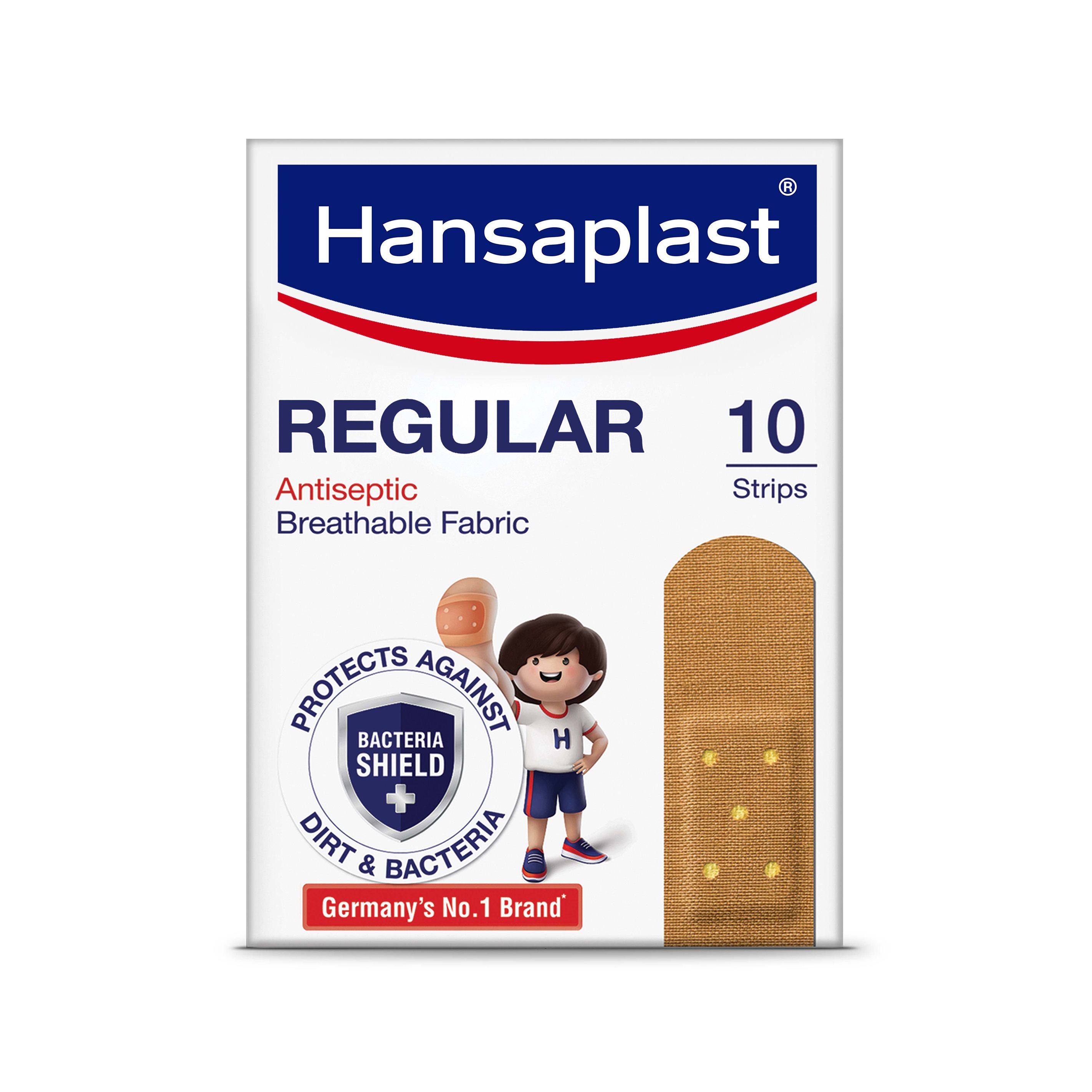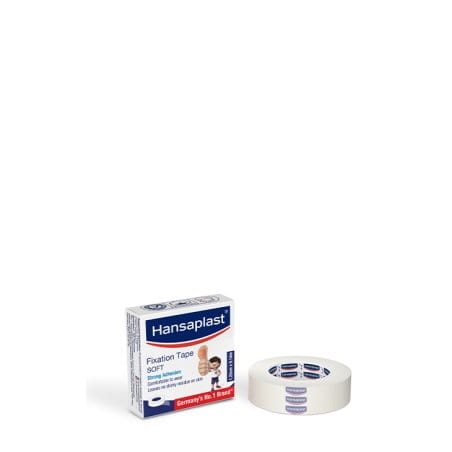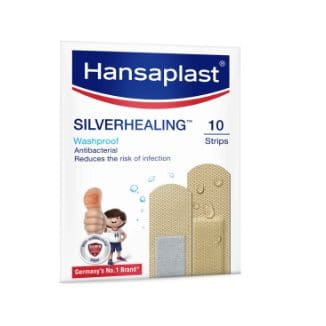We’ve all experienced the frustration of waking up with a stiff neck. The lack of mobility caused by such a problem hinders our everyday tasks. It can be a bothersome and uncomfortable experience. While this problem is usually caused by awkward sleeping positions, there can be several potential neck stiffness causes. Finding relief requires addressing these underlying causes.
So here are some possible causes of neck pain after waking up, and what you can do to provide relief:
- Poor sleeping position
Cause: If you sleep in a position that puts strain on your neck, you may wake up with a stiff neck. For example, sleeping on your stomach can cause your neck to twist in an awkward position, leading to stiffness.
Relief: To prevent neck pain on waking up, try sleeping on your back or side with a supportive pillow that keeps your neck in a neutral position.
- Muscle tension
Cause: Stress, anxiety, and other emotional factors can lead to tension in the muscles of the neck and shoulders. This tension can cause a stiff neck, especially if you sleep in a position that puts additional strain on the muscles.
Relief: To relieve muscle tension, try massaging the affected muscles, applying heat or cold, or using over-the-counter pain medication.
- Dehydration
Cause: If your body does not get enough water intake throughout the day, it can lead to muscle stiffness, including stiffness in the neck.
Relief: Make sure you are drinking enough water throughout the day, and try to avoid caffeine and alcohol, which can contribute to dehydration.
- Poor posture
Cause: If you spend a lot of time sitting or standing in an awkward position, it can cause neck stiffness.
Relief: To prevent posture-related neck pain, try to maintain good posture throughout the day by keeping your head level with your shoulders, your feet shoulder-width apart, and your knees bent slightly.
- Age-related changes
Cause: As we get older, the muscles and tissues in our neck and spine can become less flexible, leading to stiffness. This is especially common in people who have poor posture or lead sedentary lifestyles.
Relief: To help prevent age-related neck stiffness, try to stay active through regular exercise, and maintain good posture.
- Medical conditions
Cause: In some cases, a stiff neck may be the result of a medical condition, such as arthritis, meningitis, or a herniated disk.
Relief: If you have a stiff neck that persists or is accompanied by other symptoms, such as fever or severe pain, you should see a healthcare professional for further evaluation and treatment.
How to get rid of neck pain
Evidently, there are many potential causes of neck pain after waking up. To provide neck pain relief, your first step should be to address the underlying cause, such as poor sleeping position, muscle tension, or a medical condition.
Once the causes listed above are managed, the pain and stiffness should relapse within a few days. Some additional ways to provide relief include-
- Gentle Massage: Massaging the muscles of the neck and shoulders can help reduce tension and improve blood flow, which can provide neck pain relief.
- Apply heat or cold: Depending on the neck stiffness cause, heat or cold may help provide relief. Heat can help relax tense muscles, while cold can reduce inflammation and numb pain. You can use a heating pad, heat patch, or warm towel to apply heat, or try a cold pack or ice wrapped in a towel for cold therapy.
- Stretch: Stretching the muscles of the neck and shoulders can help increase flexibility and reduce stiffness. Try tilting your head from side to side, slowly turning your head from one shoulder to the other, and looking up and down. You can also try stretching your shoulders by raising them up and back and holding for a few seconds before releasing.
- Exercise: Regular exercise can help improve flexibility and strength in the neck and shoulders, which can help prevent stiffness. Try incorporating exercises such as neck stretches, shoulder rolls, and upper back strengtheners into your routine.
These simple steps can greatly help in providing neck pain relief. However, if your stiff neck persists even after following these steps, or if it is accompanied by other symptoms, you should seek medical attention.
Disclaimer
Please note that the above recommendations are general care tips. Consult a healthcare professional in case of any uncertainty around wound treatment and healing.
Always see your doctor if a wound is deep, bleeding profusely or showing signs of infection. For diabetic patients especially, proper wound care holds the utmost importance. Do not hesitate to discuss any concerns you may have with your doctor or your podiatrist, even when it comes to minor wounds and cuts – especially if they’re on your feet.
The information provided through this website should not be used to diagnose or treat a health problem or disease. Although compiled with great care, it is not a substitute for professional advice. If you have or suspect a health problem, consult your doctor immediately.
For further information regarding Hansaplast products, please contact us via email at customer.care@bdfindia.com


